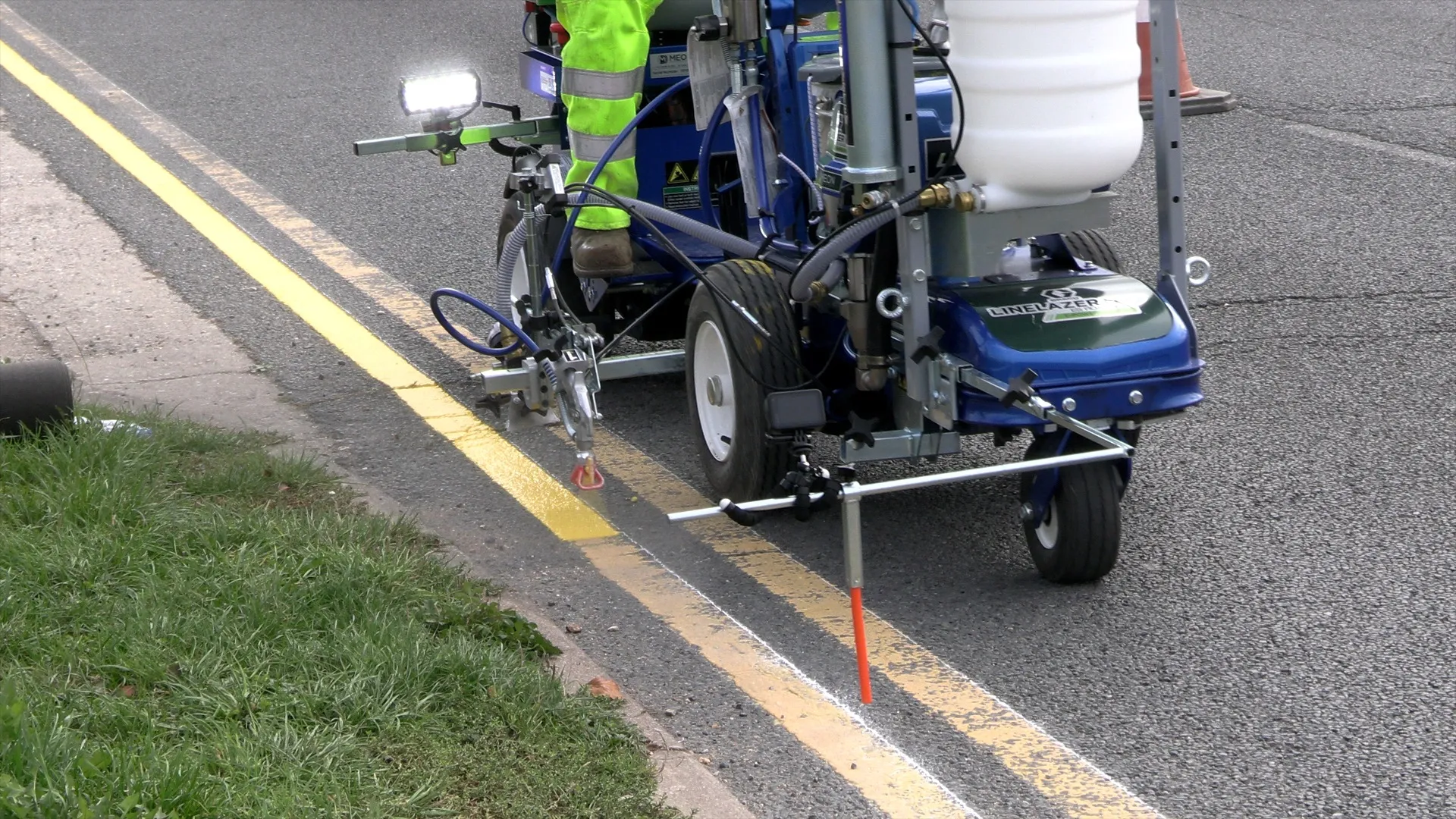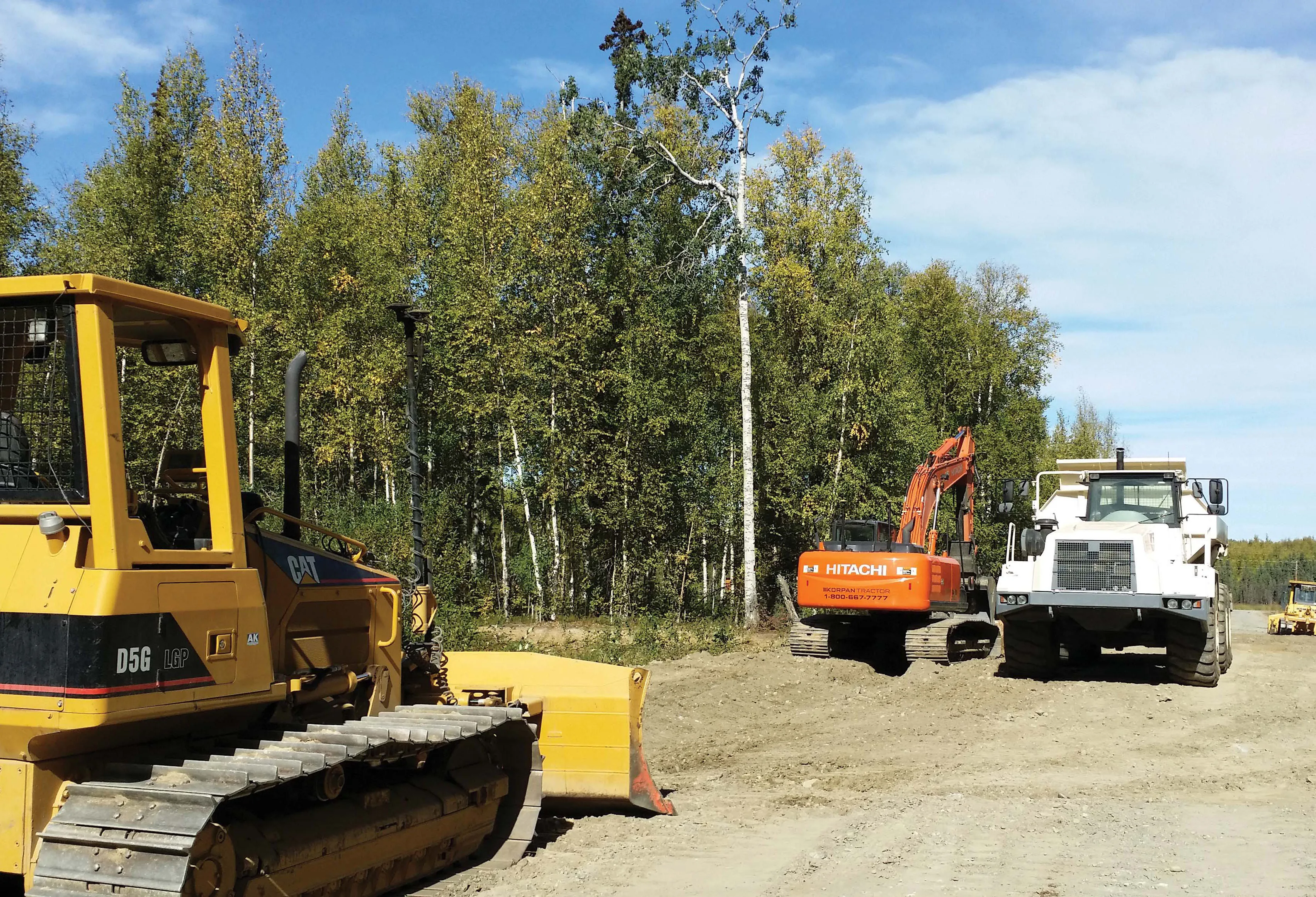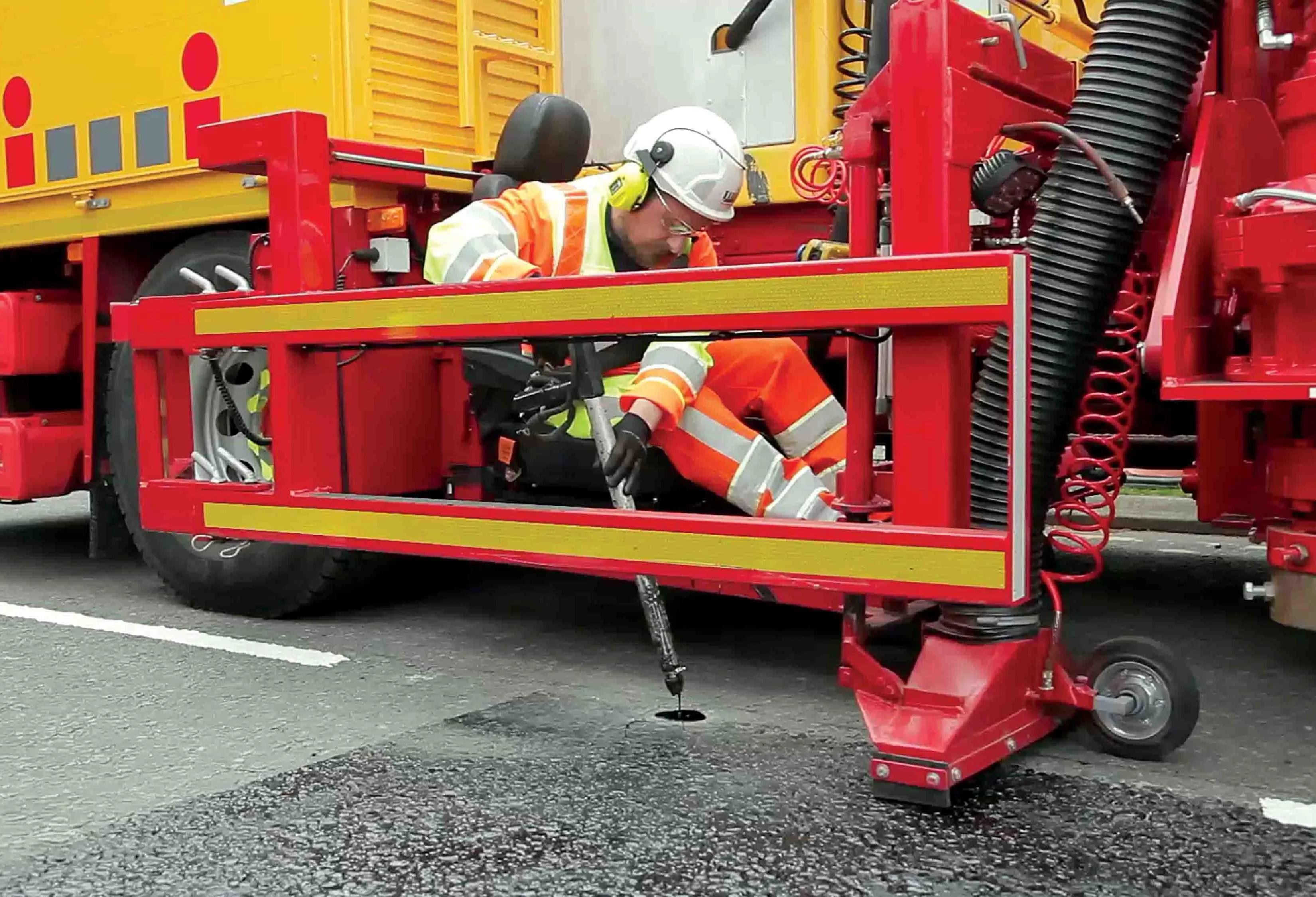
The ECO ES RoadLiner from Meon has risen to the top of a UK authority’s ‘try-before-you-buy’ scheme for purchasing a road marking system.
UK pavement specialist Meon was involved in the Electric Line Marking Machine Scheme set up by Reading Borough Council, for the city of Reading near London. The aim of the scheme was to give the borough’s highways team firsthand experience of various self-delivering line marking services and machines before they decided to purchase equipment for their internal use.
The decision to invest in the ECO ES RoadLiner – what Meon says is an industry-first all-electric line marking machine - validated Reading Borough Council's belief that they could successfully self-manage and deliver these services internally in a sustainable and cost-effective manner.
The council is addressing climate change through its Climate Emergency Strategy which has the goal of achieving a net-zero carbon, resilient Reading by 2030.
Karen Rowland, lead borough councillor for environmental services, believes that an electric line marking machine, such as the ECO ES RoadLiner with its cold-application, can help reduce carbon while creating markings that will be more durable and last longer. “This all contributes to our overall sustainability goals, meeting the climate emergency," she said.
In addition to the environmental advantages, the council now has greater service reliability, according to Meon. They can respond to minor maintenance needs within their local infrastructure, self-deliver services. "We still use our main contractor, WJ, as they are responsible for our main works,” said Sam Shean, highways and traffic services manager for Reading Borough Council. “So we are not looking to compete with them but we are looking to deliver the minor maintenance.”
Using the ECO ES RoadLiner, council operatives can immediately refresh double yellow lines, parking enforcement lines and access protection markings – white lines painted on the road to deter motorists from parking across driveways. “All the bits that could take a while to put on a programme to get a contractor to do, we can react and deal with it straight away," said Shean.
The lithium-battery-powered ES RoadLiner is developed from the body of a Graco LineLazer ES 2000 and the drive unit of the LineDriver ES, both of which provide proven reliability.
Line marking performance is directly proportional to bead application accuracy. Because of this, the ECO ES RoadLiner has a pressurised bead system that guarantees a constant dosage applied immediately after spraying the line.
Typically, applications are made at between 1.5kph and 2kph. Additionally, when supported by the direct drive, pumps can deliver up to 8km of 150mm-wide high-performance marking in a single operative’s work shift.
Meon says that the ECO ES RoadLiner is the industry’s first all-electric line marking machine capable of applying highway specification line markings which have 300% increased durability. There is also 60% increased retro-reflectivity compared to traditional methods and cutting carbon output by up to 90%.
The council's decision to manage and deliver line marking projects internally not only reduces costs but also provides new opportunities for up-skilling within their highways team. Meon says that the investment the ECO ES RoadLiner for internal use enhances the borough team’s capabilities, boosts morale and promotes professional growth.
"The support from Meon has been key to this success and we want to keep that partnership going,” noted Shean. “We’ve got a brand-new machine and the team has had the training, but we know there will be support from Meon when needed going forward."
Founded in February 1994, Meon began as an import export agency, It now offers complete solutions and products for line marking, surface repair, decorative resin and aerosol markers across the UK & Ireland. Reading was introduced to Meon through the Local Council Roads Innovation Group.
LCRIG brings together highways teams from around England and Wales and central government, other national organisations,
To learn more about Reading’s Climate Emergency Strategy, click here.









